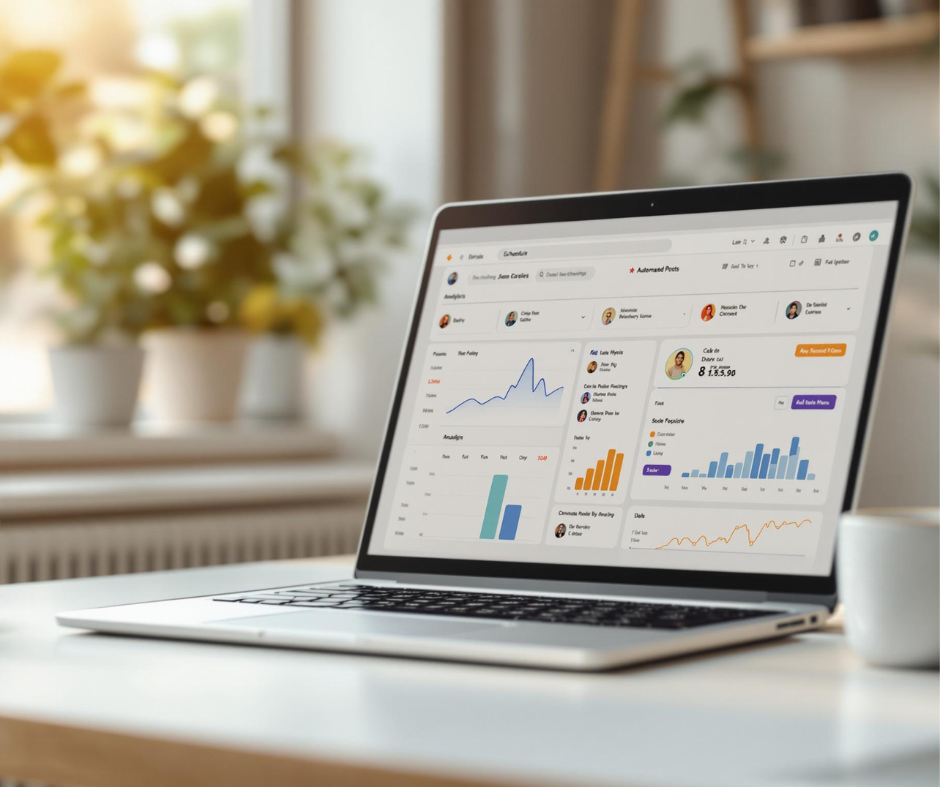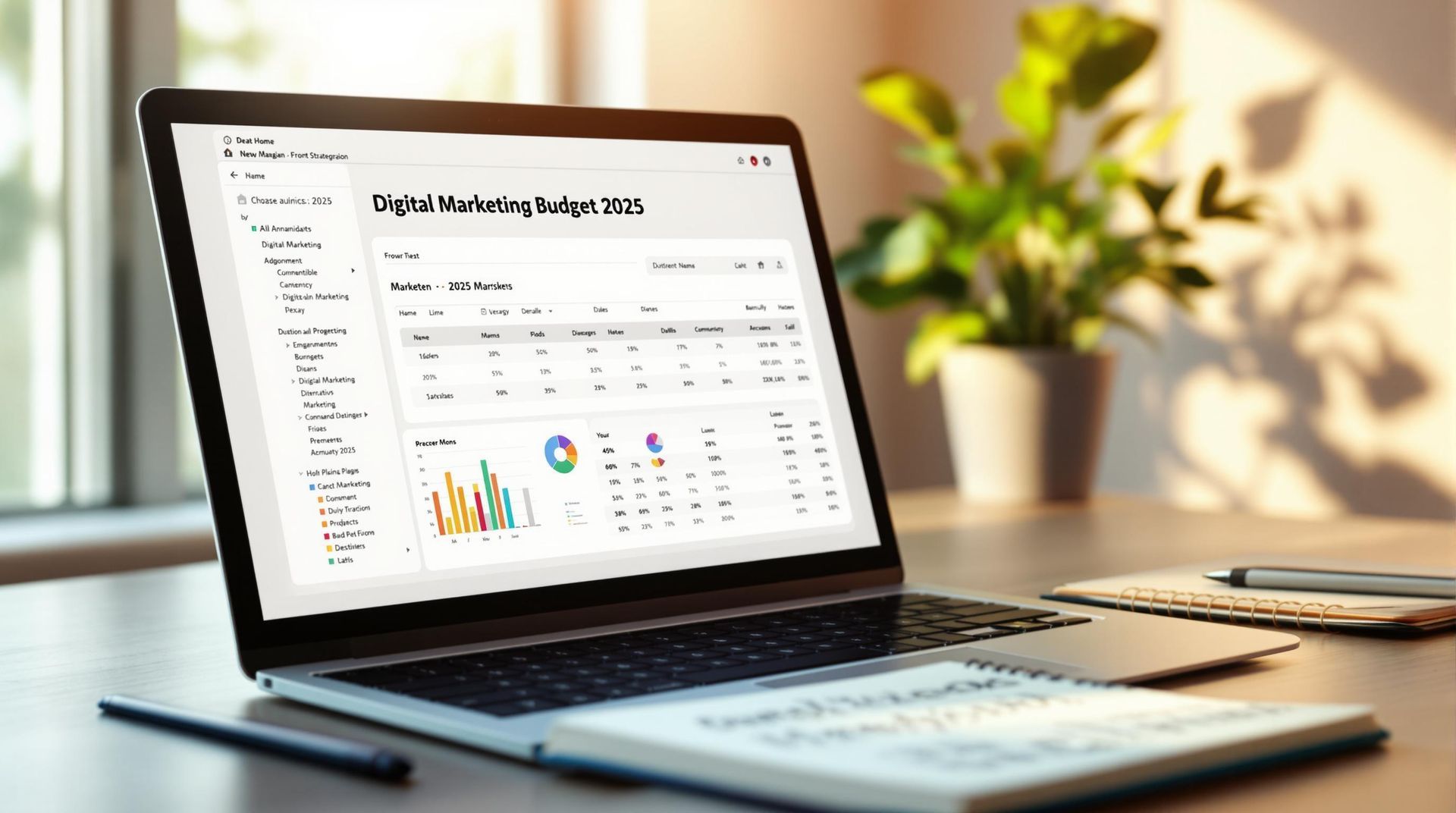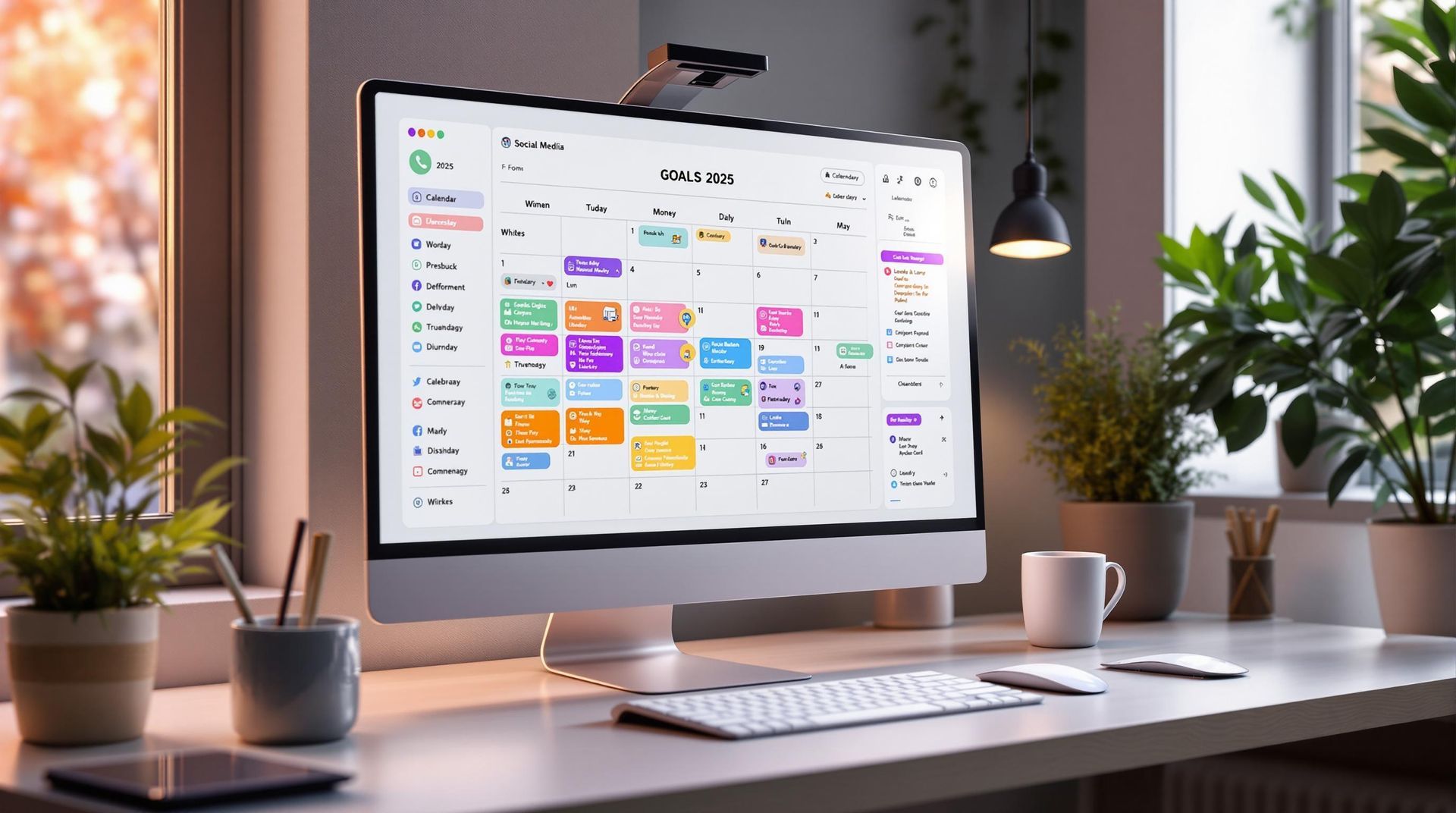Beyond Keywords: The New Metrics for SEO Success in the Age of AI
Why Traditional Keywords Are Losing Ground

In a world where keywords are losing their power, how can digital marketers stay relevant?
With AI-powered tools like ChatGPT and other conversational search engines taking center stage, SEO has entered a new era. These tools deliver precise answers to complex questions, reducing the need for users to click on websites and making keyword tracking less useful. Traditional keyword rankings are fading, but this shift opens new doors for measuring and proving SEO success.
In this post, we’ll explore why keyword rankings are no longer the star of SEO and dive into new metrics that showcase true success in the age of AI.
Why Keyword Rankings Are Fading
AI-driven search tools interpret users’ questions in a nuanced, context-based way, understanding what people want without relying solely on exact keyword matches. As a result, the search landscape is shifting, and the usual keyword-centric approach isn’t as effective. Instead, marketers will need to show value by focusing on the user’s intent and how well they fulfill it.
So, if keyword rankings are no longer the main KPI, what metrics should marketers focus on to demonstrate success? Let’s dive into the KPIs that will matter most in this AI-driven era.
1. Quality and Engagement of Traffic
New Metric: The quality of traffic will be one of the core indicators of SEO success. It’s not just about how many people visit your website but whether those visitors are relevant to your business goals. Quality traffic reflects users who find value in your content and stick around, interacting with it in meaningful ways.
How to Measure Quality Traffic
To show quality traffic, look at these metrics:
Average time on page: Longer times mean people are actually reading, which suggests content relevance.
Bounce rate: A low bounce rate indicates that visitors want to explore more pages on your site, signaling that they’re engaged.
Scroll depth: Track how far users scroll to get insights into which parts of your content capture interest.
Real-World Example:
Let’s say you run a travel agency. Instead of only tracking the keyword “affordable trips,” you track how long visitors spend on each travel guide page, their scroll depth, and whether they click to learn about specific destinations. This shift shows that people are exploring and finding value, even if they didn’t find you through a specific keyword.
2. Conversions and Leads
New Metric: Conversions are becoming the gold standard in SEO. When users take meaningful actions—signing up for a newsletter, filling out a contact form, or making a purchase—these actions reflect a direct return on your SEO efforts.
How to Track Conversions Effectively
Setting clear goals in your analytics tool is key to tracking conversions. Here’s how:
Set conversion goals: Identify actions that matter most to your business, such as sign-ups, purchases, or form submissions.
Track lead sources: Monitor how many leads or conversions are generated through organic traffic to demonstrate the ROI of SEO.
Real-World Example:
Imagine a small e-commerce store selling eco-friendly products. Instead of focusing solely on keyword ranks like “eco-friendly products,” you focus on conversions, showing that organic traffic is resulting in product purchases. This approach proves that SEO is directly driving business growth.
3. Brand Visibility Across Channels
New Metric: With AI shifting the search landscape, brands need to diversify their digital presence. A strong **multi-channel approach** becomes crucial, where social media, referrals, and direct traffic help reinforce SEO.
How to Track Brand Visibility
Key metrics to showcase brand reach and visibility include:
Brand mentions: Track how often your brand is mentioned across the web, blogs, or social media.
Social shares: High engagement on social channels (e.g., shares, likes, comments) reflects that your brand is resonating with the audience.
Referral traffic: Highlight traffic coming from other sites or platforms as evidence of your brand’s reach.
Real-World Example:
Consider a financial consulting firm. By tracking brand mentions and social shares on financial sites and social media, the firm proves it has an authoritative presence beyond search engines. This data supports the idea that the firm’s SEO is helping to build a trusted reputation, even if traditional keyword rankings aren’t central.
4. Content Performance by Topic Clusters
New Metric: Instead of single keywords, AI tools now understand topics and intent holistically, making **topic clusters** a more effective SEO strategy. A topic cluster strategy involves creating a core piece of content around a primary subject, with supporting pieces on related subtopics. This approach helps search engines see your site as an authority on broader themes, not just single keywords.
How to Use Topic Clusters
To build topic clusters, follow these steps:
Choose a core topic: Identify a central topic that’s highly relevant to your audience.
Build related content: Create articles or pages around subtopics and link them back to the main content, forming a cluster.
Measure performance as a cluster: Look at how the cluster as a whole performs, rather than individual pages.
Real-World Example:
Suppose you’re a fitness coach. You create a cluster around “home workouts” with related posts like “top home workout equipment,” “10-minute cardio routines,” and “strength training at home.” This entire cluster draws traffic, establishes authority, and improves relevance on the broader theme of home workouts.
5. Audience Retention and Return Visits
New Metric: Building a loyal audience means going beyond attracting new visitors. **Audience retention** is a vital metric in this new SEO landscape, as it reflects the long-term value of your content.
How to Track Audience Retention
To show that your audience keeps coming back, use metrics such as:
Returning visitors: Track users who return to your site, as this signals trust and loyalty.
Newsletter sign-ups and subscriber growth: Building a list of subscribers creates a direct line to your audience, independent of search engines.
Engagement on regular content: Weekly blogs, newsletters, and updates encourage users to return.
Real-World Example:
For a small business blog, tracking the growth of a loyal audience through return visits and email subscribers shows that users find consistent value in the content, even if they’re not always entering through search engines. This metric can support the argument that SEO is building lasting relationships, not just fleeting clicks.
Key Takeaways: SEO in a Post-Keyword World
As traditional keyword tracking fades in importance, a new set of metrics emerges to show SEO success. Here’s a quick recap:
Traffic Quality and Engagement: Track how deeply users engage with content to prove quality over quantity.
Conversions: Focus on the actions that deliver ROI, like leads and purchases, to showcase SEO’s business impact.
Brand Visibility Across Channels: Embrace multi-channel visibility to expand your brand reach and presence.
Content Performance by Topic Clusters: Shift to topic clusters for a more holistic approach to SEO and to signal authority.
Audience Retention: Build a loyal audience and track return visits to show long-term value.
With these new KPIs, digital marketers can continue to demonstrate meaningful results, even as keyword tracking becomes less relevant. The key is to focus on quality, engagement, and the overall value SEO brings to the business.
Curious about how these new metrics can work for your business?
Need to get found on Google? Our AI-powered SEO services help you rank higher and attract more customers. Learn about our SEO services →
Reach out to us to learn more about modern SEO strategies that focus on quality traffic, conversions, and building a loyal audience.
Let’s make your SEO efforts count in the age of AI!









